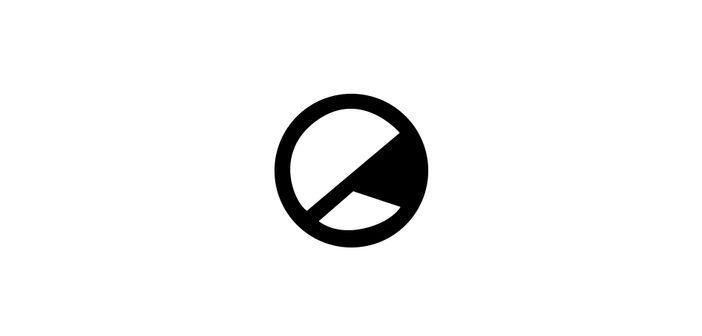It’s hard to think of an object of entertainment that is as good at dealing with the powers and implications of technology as Black Mirror. Charlie Brooker’s warped and pessimistic vision of the future is almost always a little too close to home, so well observed that we feel personally attacked as it critiques our reliance on central aspects of our contemporary society. Mobile phones, reality stars, virtual reality, the internet, politics: you name it, Black Mirror has probably covered it. Nothing could be more suited in offering a scrutinisation of social media, and this is precisely the case in Season 3’s startling opening episode, ‘Nosedive’. The third season of Black Mirror saw Channel 4’s baby move across to Netflix, access bigger budgets, bigger audiences, and in turn make bigger statements. The simple fact that the first episode of this series is a bold attack on social media and the culture it promotes speaks volumes.
‘Nosedive’ centres around Lacie (Bryce Dallas Howard), a quite frankly insufferable woman who wears far too much pink and is far too concerned about what people think of her. But these character flaws aren’t exactly her fault, for the society in which she lives is – to put it bluntly – one held hostage by social media. Everything, and I really mean everything, depends on the way you present yourself online. This is a world in which the pressures to get likes and the subsequent pressure to be popular is at an extreme, for if you don’t meet certain levels and scores you are ostracised from the desirable circles, restricted as to where you can live and quite frankly confined to a pretty mediocre quality of life (or so it may seem at surface value). Every action you make in the ‘real’ world results in ratings online, and just as soon as things start to really get exciting for poor old Lacie, they no sooner come crashing down in spectacular style. This is social media after all. Nothing is ever simple on Facebook, Twitter or Instagram, and the same can be said for the dystopian rating system of ‘Nosedive’.
In the central role, Dallas Howard is superb. She masters the art of playing a character that we equally sympathise with and yet detest at the same time. Whilst Lacie’s socioeconomic status quite literally nosedives, our feelings towards her do not, a testament to Dallas Howard’s performance, and more importantly, a testament to the way Brooker’s creation gets under our skin, making us hate social media as much as Lacie does by the time the credits roll. In fact, to say that ‘Nosedive’ offers a statement of hate towards social media is nothing short of an understatement. Every character that buys into the culture of online popularity bringing real-world happiness is superficial, self-absorbed, and as a result completely underserving of this popularity they have managed to accrue. Lacie is liberated only in the episode’s final moments when she has been stripped from the rating technology after receiving a dreaded one-star rating. Great irony comes from the fact that whilst she is being kept in a cell, she has never felt so free. Social media, then, is the real prison in this dystopia.
Despite the strident criticisms contained in ‘Nosedive’, it appears that such a use of social media is not far from being a reality. Many links have been made between Black Mirror‘s vision and a suggested Social Credit System in China, set to be tested in 2020. The system, if implemented, will see users with high scores obtain access to more efficient transport, better schools and faster loans. Although not quite as extreme, we can similarly see a social media dominance in the Western world, with Facebook, WhatsApp and Instagram converging, and platforms such as YouTube steadfast becoming ways of capitulating to superstardom and subsequent popularity. Whilst it is clear that Brooker aimed to make a bold statement that would have wider societal implications with this episode, I’m pretty sure that this is not the effect he intended.
‘Nosedive’ has been undoubtedly successful and has rightly cemented its place as one of the best episodes of Black Mirror. Unfortunately, it seems like an awful lots remains to be done if we are to avoid being held captive by social media in the very near future.
Black Mirror: Nosedive is available to stream on Netflix now.



